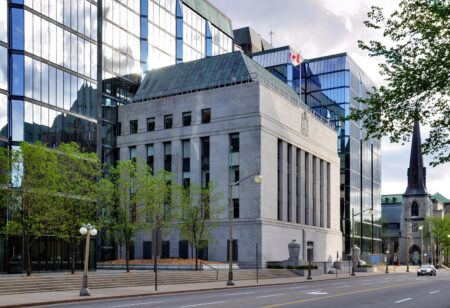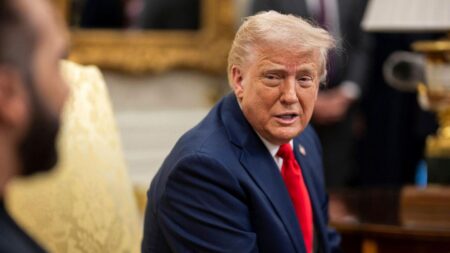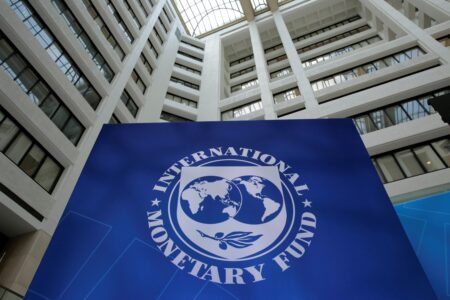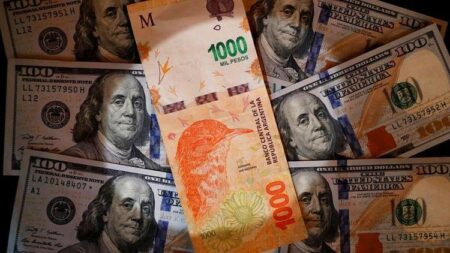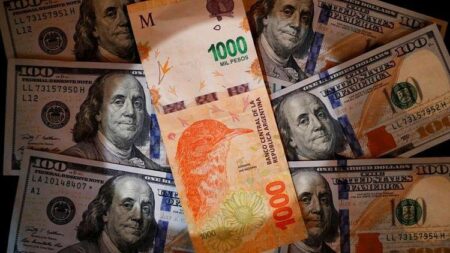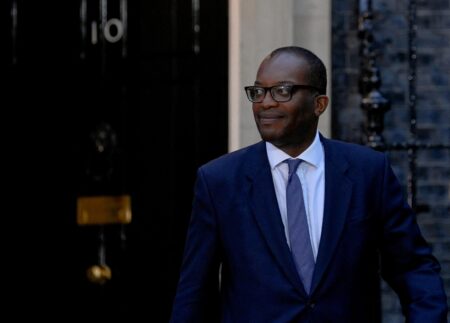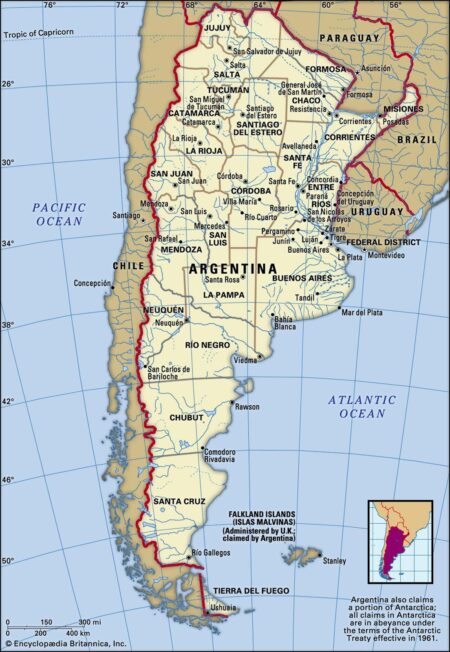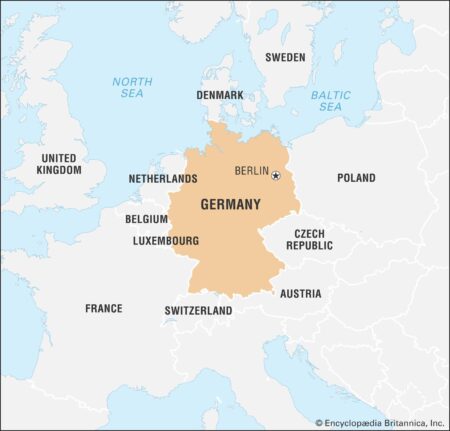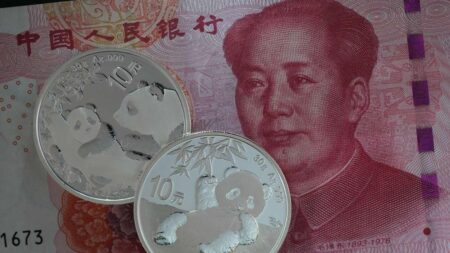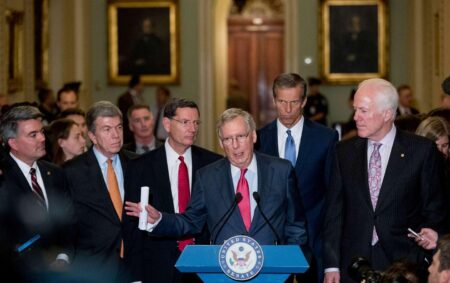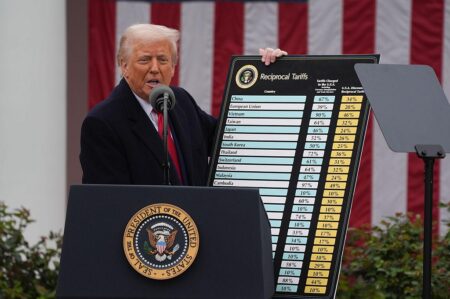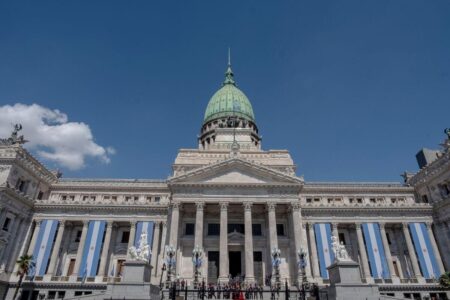Analysts at Desjardins predict a modest decline in the Bank of Canada’s interest rate. This careful strategy highlights the persistent economic hurdles we face, all while striving to uphold stability within our financial system.
Browsing: fiscal policy
Germany faces a crisis as infrastructure deteriorates and political divisions deepen. The newly formed government aims to address these challenges through ambitious reforms and investment in sustainable projects, seeking to restore stability and unity across the nation.
In a bold move to ease rising trade tensions, President Trump has called on China to unveil a fresh tariff proposal. This initiative emerges as both countries navigate a web of disputes that are shaking up global markets. Experts believe that any progress in this direction could hint at a potential warming of relations.
Argentina’s recent IMF deal marks a critical financial maneuver aimed at stabilizing its economy. Negotiations involved stringent fiscal reforms and commitments to reduce inflation, showcasing the government’s resolve to navigate ongoing economic challenges.
A recent Reuters poll indicates that Canada’s growing recession risk could prompt the Bank of Canada to implement at least two additional interest rate cuts this year. Economic concerns are mounting as policymakers seek to stabilize the slowing economy.
Manufacturing has driven Brazil-U.S. trade to unprecedented levels in the first quarter, according to Valor International. The surge highlights strengthened economic ties and growing demand for Brazilian products in the American market, signaling robust bilateral relations.
Germany’s Friedrich Merz has warned that proposed tariffs by former President Trump could ignite a financial crisis, jeopardizing global trade stability. He emphasized the need for diplomatic solutions to avoid escalation and protect economic interests.
Germany’s latest coalition contract reveals significant cuts to its aid budget, raising concerns among development organizations. As the government seeks to streamline expenditures, advocates warn that reduced funding could undermine global humanitarian efforts.
The International Monetary Fund (IMF) has confirmed a preliminary agreement with Argentina for a $20 billion loan aimed at stabilizing the country’s economy. This funding is expected to bolster Argentina’s financial situation amid ongoing challenges.
Argentina announced plans to lift its strict currency controls, bolstered by support from the International Monetary Fund (IMF). The move aims to stabilize the economy and restore investor confidence amid ongoing financial challenges.
Argentina announced plans to lift its stringent currency controls, a move supported by the International Monetary Fund (IMF) as the country seeks to stabilize its economy. This decision signals a potential shift in economic policy aimed at attracting foreign investment.
Thousands of Argentinians took to the streets in a general strike to protest President Javier Milei’s ‘chainsaw’ austerity measures. Demonstrators demanded an end to cuts that they claim threaten social welfare and deepen economic inequality in the nation.
UK Finance Minister Jeremy Hunt is set to advocate for enhanced defense spending cooperation at an upcoming EU meeting, emphasizing the need for collective security amid global uncertainties. His remarks aim to foster unity in defense initiatives across Europe.
Argentina has secured a $20 billion deal with the International Monetary Fund (IMF) to support President Javier Milei’s ambitious economic reforms. The agreement aims to stabilize the nation’s economy amid ongoing inflation and fiscal challenges.
Germany has officially formed a new government, unveiling plans to reduce corporate taxes as part of its economic strategy. The move aims to boost investment and competitiveness amid global economic challenges, signaling a shift in fiscal policy.
In a bold move to revitalize Argentina’s economy, President Javier Milei has initiated sweeping deregulation, cutting bureaucratic red tape with a “deep chainsaw” approach. Advocates at the Cato Institute praise this strategy as essential for fostering business growth and attracting investment.
The yuan has emerged as a critical strategic barometer for China in the wake of tariff escalations. Analysts suggest that its fluctuations reflect broader economic resilience and shifting trade dynamics, influencing both domestic markets and global perceptions.
In a historic move, Senate Republicans have broken longstanding norms to expedite Donald Trump’s tax cut agenda. The decision, aimed at boosting economic growth, has drawn criticism from Democrats who argue it exacerbates income inequality.
President Trump’s recent tariffs have surpassed initial expectations, prompting significant economic implications. Key takeaways include heightened consumer prices, strained international relations, potential job losses in key sectors, and unpredictable market reactions.
Argentina has formally requested the first tranche of over 40% of its $20 billion loan program from the International Monetary Fund (IMF). This financial assistance aims to stabilize the country’s economy amid ongoing fiscal challenges and inflation concerns.

